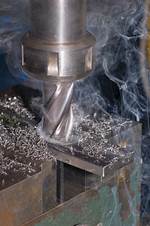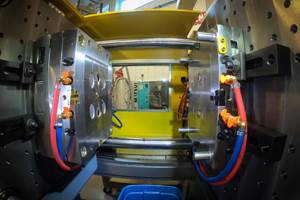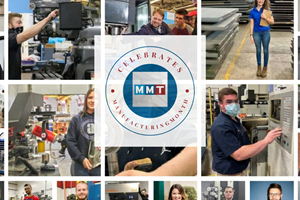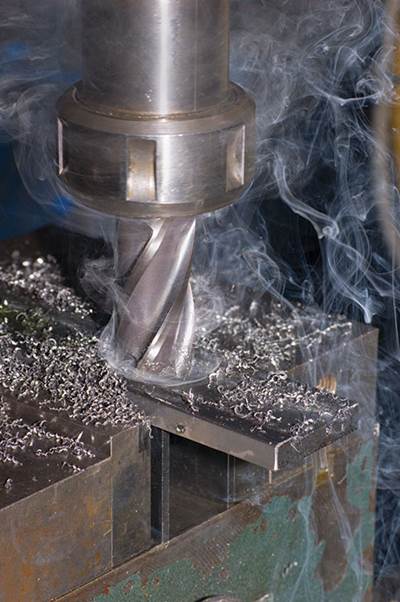Evaluating Training Resources
Finding, Training & Retaining Employees, Part 12
In August, we looked at people and processes as they relate to training needs analysis and the importance of implementation prior to training program development. Here we will review training resources and ways to identify gaps in your program.
Training Resources
The ultimate goal of a training needs analysis is to build the foundation of a training program driven by processes and standardization, so a thorough evaluation of training resources is necessary. Training resources are any tools used to communicate knowledge and/or skills to a person or group of people. They come in many forms, from a simple checklist on a sticky note to a full set of manuals, books and tests.
Start your training program evaluation by listing everything you know that you are using. For example, online classes, check sheets, books, machine manuals, community college classes, notes from vendor or supplier training, safety training materials, etc. Next, make a list of the resources you think you might be using, and then validate whether or not you are actually using them. Once you have these lists, begin to categorize and organize. For example, sort by training for safety, machining, design, EDM, etc. Once all the resources are sorted appropriately, you will discover what is missing and what is unnecessary. In other words, you will be able to clearly see what should be there.
When evaluating your existing training resources, it may help to think of the materials in terms of attitude, knowledge or skills. Then ask yourself, “Are we providing the proper balance in each area of training to develop the attitude, knowledge and skills of the trainee?” Even the most basic learning events must ensure that the proper attitude is set with the correct knowledge base to support the development of value-added skills.
Next, add or subtract materials from your list to ensure the training will be complete. Now you can work on standardizing the delivery of the final list so everything used for training will be accessible to each potential learner. Using an open-source (free) learning management system is recommended, and this can be installed on your network for a nominal fee by a computer programmer. This provides a common learning platform where every employee has a secure login to access the necessary training, which may include videos, documents, links and tests.
In the next part of this series, we will examine constraints that may exist in the company that prevent successful training needs analysis.
Related Content
Exploring ISO 9000 - Part 16 Control of Quality Records
A Series of International Standards for Quality Management and Quality Assurance. We begin 2022 with a review of Clause 4.16 Control of Quality Records.
Read MorePredictive Manufacturing Moves Mold Builder into Advanced Medical Component Manufacturing
From a hot rod hobby, medical molds and shop performance to technology extremes, key relationships and a growth strategy, it’s obvious details matter at Eden Tool.
Read MoreHands-on Workshop Teaches Mold Maintenance Process
Intensive workshop teaches the process of mold maintenance to help put an end to the firefighting culture of many toolrooms.
Read More2021 30 Under 30 Honors Program: Mentoring in the Next-Generation of Moldmaking Professionals
Young professionals are vital to the moldmaking industry, and it is important to acknowledge those making strides in shaping the industry's future. MoldMaking Technology recognizes the industry's young talent through its 30 Under 30 Honors Program.
Read MoreRead Next
More Related Technical Instruction Justification
Finding, Training & Retaining Employees, Part 8
Read MoreFinding, Training & Retaining Employees
In this multi-part series of articles, contributor Ryan Pohl, a journeyman CNC machinist who also holds a master's degree in industrial training and development, addresses the skilled-labor shortage and its potential to dramatically hinder the future sustainability and growth of the moldmaking industry.
Read MoreMore Related Technical Instruction Justification
Finding, Training & Retaining Employees, Part 8
Read More








_300x250 3.png;maxWidth=300;quality=90)


.jpg;maxWidth=300;quality=90)










